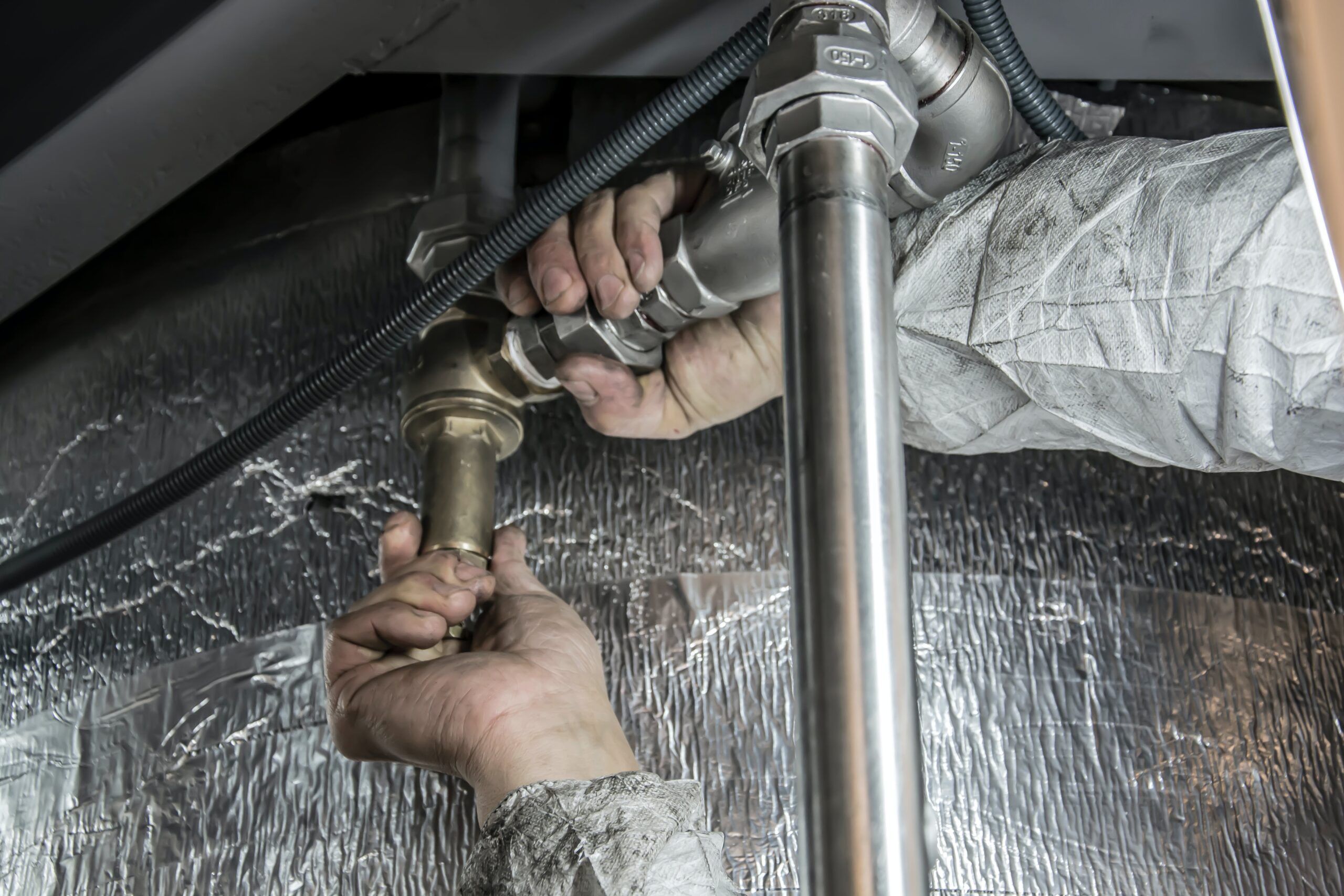In the quest for a more budget-friendly and environmentally conscious household, homeowners often overlook one key area: plumbing efficiency. Beyond the convenience of a smoothly functioning system, investing in efficiency can yield substantial savings on your utility bills. Let’s delve into the ways in which efficient residential plumbing can lead to significant cost reductions and a more sustainable home.
Water Conservation: A Ripple Effect on Bills
Efficient fixtures, such as low-flow faucets, toilets, and showerheads, play a pivotal role in water conservation. By reducing the amount of water used in daily activities, these fixtures minimize the strain on your water heater and overall water consumption. This not only contributes to environmental conservation but also directly impacts your utility bills. Over time, the cumulative effect of water savings can result in substantial cost reductions, making every drop of water count toward both sustainability and financial efficiency.
Timely Leak Detection: Plugging the Money Drain
Undetected leaks are silent culprits that can lead to a gradual increase in water bills. Efficient residential plumbing involves regular inspections to detect and address leaks promptly. Whether it’s a dripping faucet, a hidden pipe leak, or a faulty water supply line, swift intervention can prevent water wastage and the subsequent rise in utility costs. Routine maintenance becomes an investment in leak prevention, safeguarding both your wallet and the planet.
Energy-Efficient Water Heaters: Warming Up to Savings
Water heating typically accounts for a significant portion of a home’s energy consumption. Upgrading to an energy-efficient water heater can yield substantial savings on your utility bills. Tankless water heaters, for instance, heat water on demand, eliminating the need to maintain a large reservoir of hot water constantly. This not only reduces energy consumption but also eliminates standby energy losses associated with traditional tank water heaters. Investing in the latest energy-efficient technologies ensures that you enjoy hot water when needed without excessive energy costs.
Smart Plumbing Fixtures: Precision in Resource Use
In the era of smart homes, plumbing fixtures have joined the technological revolution. Smart faucets and showerheads with sensors and programmable settings enable precise control over water usage. You can set specific flow rates and durations, reducing the likelihood of water wastage. Additionally, some smart fixtures can adapt to user preferences over time, optimizing efficiency without sacrificing comfort. Integrating smart technology into your home not only enhances convenience but also provides a futuristic approach to utility bill management.
Insulation for Efficiency: Guarding Against Heat Loss
Efficient residential plumbing goes beyond fixtures and appliances; it includes proper insulation for pipes. Insulating pipes helps prevent heat loss as water travels from the water heater to various outlets in your home. This is particularly crucial in colder climates, where uninsulated pipes can lead to energy inefficiency as the water loses heat on its journey. By insulating pipes, you ensure that hot water reaches its destination efficiently, reducing the need for the water heater to work harder and consume more energy.
Eco-Friendly Landscaping: Conserving Water Outdoors
While not directly related to indoor plumbing, an efficient system extends to outdoor water usage. Efficient irrigation systems, such as drip irrigation and smart controllers, contribute to water conservation in landscaping. Conserving water outdoors not only supports sustainability efforts but also lowers the overall water consumption reflected in your utility bills.
Regular Maintenance: The Key to Long-Term Efficiency
Efficiency is not a one-time achievement; it requires ongoing attention and maintenance. Regular inspections, timely repairs, and proactive measures to address potential issues all contribute to long-term efficiency gains. A well-maintained system operates smoothly, reducing the likelihood of sudden breakdowns or inefficient performance that could impact your utility bills.
Final Thoughts
The pursuit of efficient residential plumbing is a multifaceted strategy that pays off in both environmental and financial terms. From water-saving fixtures to energy-efficient water heaters and smart technologies, each aspect of a well-designed system contributes to lowering utility bills. By embracing efficiency as a guiding principle in your plumbing practices, you not only streamline your home’s resource usage but also enjoy the tangible benefits of reduced monthly costs and a more sustainable lifestyle.
